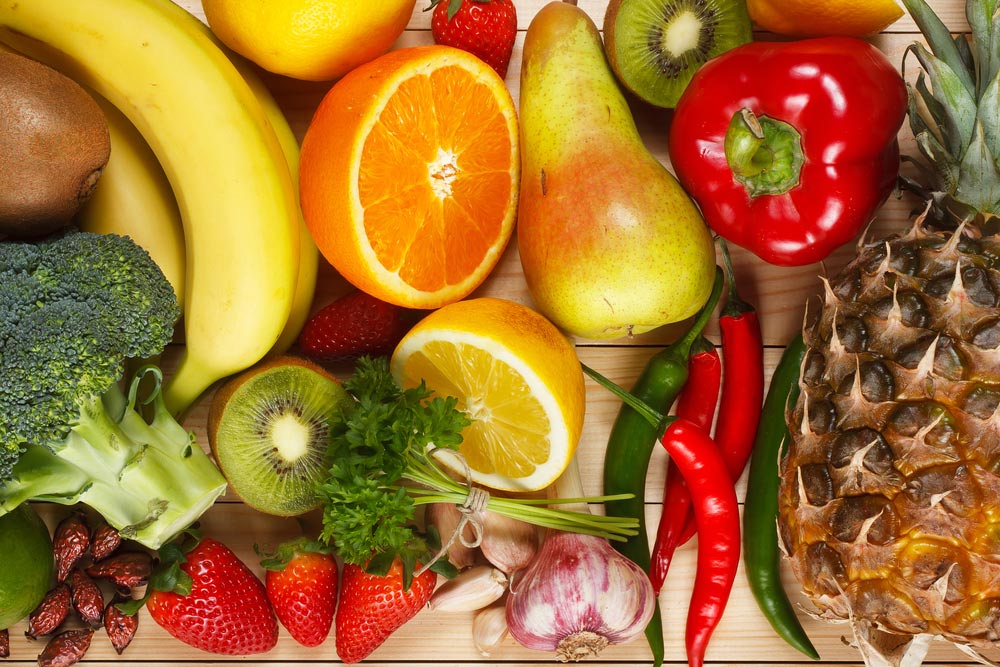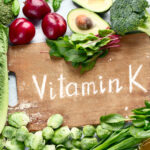Introduction
Vitamin C, also known as ascorbic acid, is a vital nutrient that plays a crucial role in maintaining overall health and well-being. It is an essential vitamin, meaning our bodies cannot produce it, so we must obtain it from our diet. Vitamin C is known for its antioxidant properties, which help protect cells from damage, support the immune system, and aid in the absorption of iron from plant-based foods. This guide will provide you with expert advice on how to incorporate more vitamin C into your daily diet, ensuring you reap all its benefits.
Why Is Vitamin C Important
Vitamin C is crucial for several key functions in the body:
- Immune Support: It helps support the immune system by stimulating the production of white blood cells, which defend the body against infections.
- Antioxidant Protection: Vitamin C acts as an antioxidant, protecting cells from damage caused by free radicals.
- Collagen Production: It is essential for the synthesis of collagen, a protein that helps maintain skin, bones, and blood vessels.
- Iron Absorption: Vitamin C enhances the absorption of non-heme iron (iron from plant-based sources) in the gut, which is important for preventing iron deficiency anemia.
Sources of Vitamin C
Natural Food Sources
A variety of fruits and vegetables are rich in vitamin C:
- Citrus Fruits: Oranges, grapefruits, lemons, and limes are well-known sources of vitamin C.
- Berries: Strawberries, raspberries, blueberries, and blackberries are packed with vitamin C.
- Tropical Fruits: Pineapples, mangoes, and papayas are delicious sources of this nutrient.
- Vegetables: Bell peppers (especially red and yellow), broccoli, Brussels sprouts, tomatoes, and spinach are excellent vegetable sources.
Fortified Foods
Some foods are fortified with vitamin C:
- Fortified Juices: Certain fruit juices are enriched with additional vitamin C.
- Fortified Breakfast Cereals: Check labels for cereals fortified with vitamin C.
Cooking Tips to Preserve Vitamin C
Best Cooking Methods
To retain as much vitamin C as possible during cooking:
- Steam or Microwave: These methods minimize nutrient loss compared to boiling.
- Cook Quickly: Cook vegetables for the shortest time possible to preserve their vitamin C content.
- Avoid Prolonged Heat Exposure: Vitamin C is sensitive to heat, so minimize cooking time and temperature.
Storage Tips
Proper storage helps preserve vitamin C:
- Refrigerate Fruits and Vegetables: Store fresh produce in the refrigerator to slow down vitamin C degradation.
- Minimize Exposure to Air and Light: Keep fruits and vegetables in airtight containers and away from direct sunlight to maintain their vitamin C content.
FAQs About Vitamin C
What are the signs of vitamin C deficiency?
Signs of vitamin C deficiency include fatigue, swollen or bleeding gums, rough, dry, and scaly skin, easy bruising, and slow wound healing.
Can you get too much vitamin C?
It is possible to consume too much vitamin C, which can lead to digestive upset such as diarrhea and nausea. However, this is uncommon from dietary sources and more often associated with high-dose supplements.
Does cooking destroy vitamin C?
Yes, cooking can lead to vitamin C loss, especially with prolonged exposure to heat and water. To preserve vitamin C, opt for quick cooking methods like steaming or microwaving.
Are vitamin C supplements necessary?
For most people, a balanced diet provides sufficient vitamin C. Supplements may be necessary for individuals with specific health conditions or dietary restrictions that limit vitamin C intake from food.
How much vitamin C do I need daily?
The recommended daily intake of vitamin C for adults is around 75-90 milligrams for women and 90-120 milligrams for men. Pregnant and breastfeeding women may need slightly more.
Are there any interactions between vitamin C and medications?
Vitamin C supplements can interact with certain medications, such as blood thinners (e.g., warfarin) and chemotherapy drugs. Consult with your healthcare provider if you have concerns about interactions.
Can smokers benefit from vitamin C?
Yes, smokers may benefit from additional vitamin C because smoking increases oxidative stress and depletes vitamin C levels in the body.
Does vitamin C help prevent or treat colds?
While vitamin C may help reduce the duration or severity of colds in some people, it does not prevent them entirely.
Is vitamin C important for skin health?
Yes, vitamin C plays a crucial role in skin health by supporting collagen production and protecting against oxidative damage from UV rays and pollution.
Can you get enough vitamin C on a vegan or vegetarian diet?
Yes, plant-based diets can provide adequate vitamin C if you consume a variety of fruits and vegetables rich in this nutrient.
Conclusion
Incorporating sufficient vitamin C into your diet is essential for overall health and well-being. By consuming a variety of vitamin C-rich foods and adopting proper cooking and storage practices, you can ensure that you meet your daily needs. Whether through citrus fruits, berries, or leafy greens, the options for boosting your vitamin C intake are plentiful and delicious. Remember, a balanced diet, rich in diverse nutrients, is key to maintaining optimal health.
- Neck Line Filler Treatment Near Forest Green, Surrey - May 31, 2025
- Skin Treatment & Skincare Consultations Near Blackheath, Surrey - May 31, 2025
- Vista Edge Vape For Beginners: Everything You Need To Know - May 31, 2025



